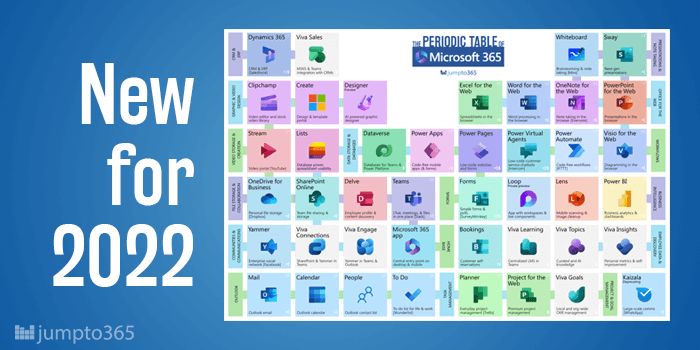The 2010s will be remembered as a decade of the cloud. Moving locally stored data from on-premises servers to online content management services became the cool and hip thing to do; it also made sense from a manpower and budget perspective.
But the cloud has its detractors. Cue many middle managers, CIOs, and executives who aren’t quite keen on the idea of “giving up control” of their data. And don't forget the IT pros who worry about loss of control and... loss of a job.
Cloud services have myriad benefits, which I won’t waste your time exploring here. The entire point of this post is to rebuke the willies that many business decision makers get when you propose a move to the cloud. That reaction, while perhaps genuine and sincere, is effectively hypocritical.

The idea of passing along control of your data to another entity is a scary new thought to many. Except it shouldn’t be. Civilizations have been using a cloud for millennia without much issue. In fact, it’s a very common experience for most, and in the age of smartphones, an everyday one for many.
It's called the banking system.
With the banking cloud, data is money. What is money other than numbers? And what is data? These days they’re both zeros and ones. (Hell, there’s not even enough currency in the world to cover all bank holdings, so at least some of it will always be data, not cash.)
We all seemingly have no problem making a deposit to our local bank when we need to, making transfers between accounts as necessary, and taking back our cash to spend it.
Why do we use banks?

You know better than to keep (most of) your money at home. Sure, you can invest in a super hardcore security system to protect all your money at home, but that’s expensive to install and maintain. It also depends on you to react to it. Kind of like maintaining local hardware, software patching schedules, maintenance, and troubleshooting.
Or you could put the cash in the bank.
You can keep all your money in your mattress, but what if the house burns down? You need to recover from that disaster somehow. Maybe your homeowners’ or renters’ insurance will cover some of the lost currency? But you’d have to do a lot of work cataloging that cash and proving you never spent it before it went poof. Recovery will be difficult.
Or you could put the cash in the bank.
Another benefit of a bank is plastic. You can request a debit or credit card, which gives you safe but simple access to your account. There’s less risk if someone steals from us; cards are easy to cancel. Similarly, computers and mobile devices provide access to cloud files yet are easily wipe-able if stolen, without compromising the source itself. That said, you can walk around with thousands of dollars in your pocket if you want.
Or you could put the cash in the bank.
So, feel safe putting your files [money] in the cloud [bank]
Now, ignoring the part where banks loan money and provide (minimal) interest, your experience with a bank is almost one-for-one the same as storing your files in a public cloud like Office 365. No, it’s not perfect. Yes, bad things can happen. But that's rare. It's also why many of these services come with guarantees. Kind of like the FDIC (in the US).
It's fair (and recommended!) to do your due diligence to confirm the cloud service you're considering meets your security and compliance needs. I simply argue that the knee-jerk "no, we can't lose control" response is shortsighted and ill-informed.
We’ve been bred to bank. Unfortunately we haven’t fully given in to the content cloud yet, though. That's quickly changing, but there are notable stragglers.
So if someone reports to you that they’re getting the heebie-jeebies thinking about moving their local content into a cloud, politely ask about the money cloud they’ve been using since they were young teens.
And for those rare few that nose-up to banks, I’m curious to know how they fire-proof their mattresses.





Obviously you have an opinion, so share it!